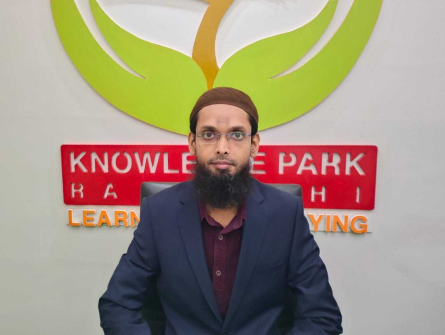About Us
Principal’s Message
![]()
Assalamu Alaikum. What parents might think that is best for their children? A joyful childhood. In that childhood they will acquire the fundamental knowledge that will help them to grow into an enlightened human being. That enlightened being will help reshape the society in a better way. We have tried our best to address this necessity of our esteem parents in our “Knowledge Park Rajshahi” preschool.
The fundamental goal of our advisors and teachers will be to ensure a playful childhood for your children. We have kept in mind not to overburden your child with study. Our curriculum is based on your child’s natural inclination towards learning. It will help them flourish in a playful environment Insha’Allah.
Engr. Sheikh Mohammad Boni Sadar
B.Sc. In Electrical and Electronic Engineering I KUET
Knowledge Park Rajshahi
OUR FACILITATORS
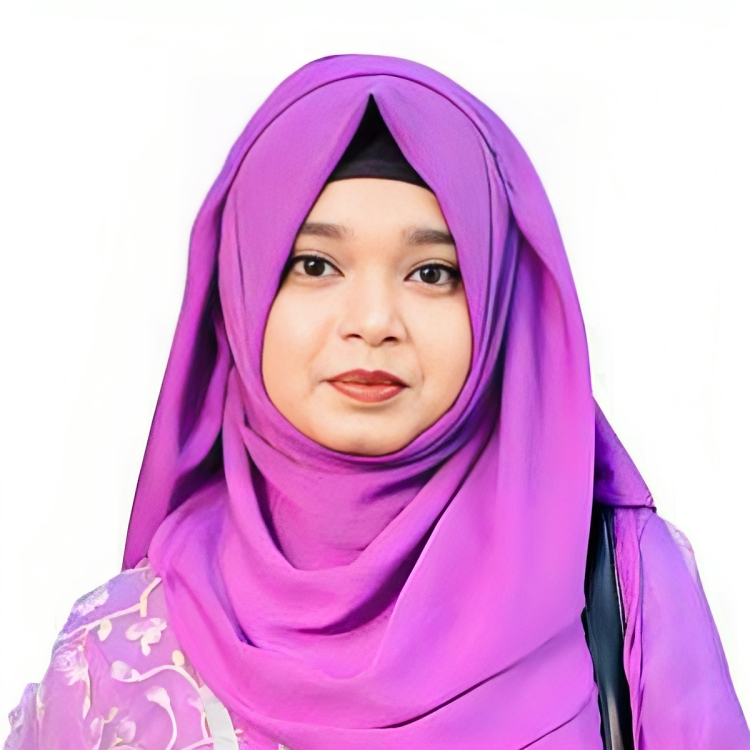
Nishat Tasnim Zina
M. Sc. And B.Sc. In Geography and Environment Rajshahi College, National University.
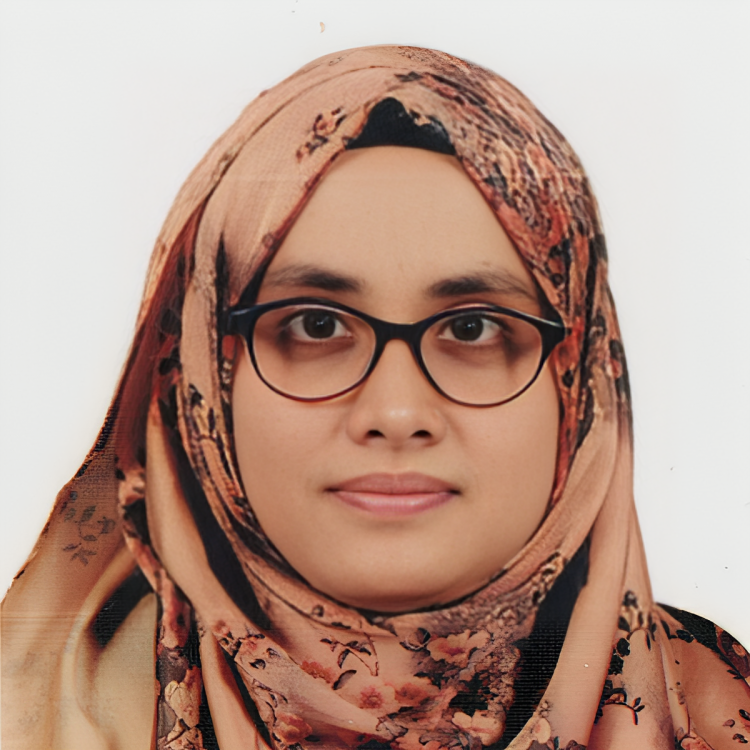
Sara Khatun
M.SS. And B.SS. in Political Science, Rajshahi Women’s College, National University.
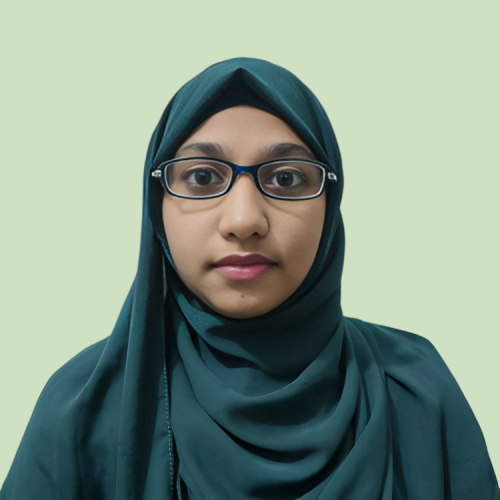
Razia Sultana
B. A. (Hons.) In English
University of Information Technology And Science.
Knowledge Park Rajshahi
OUR HONORABLE ADVISERS
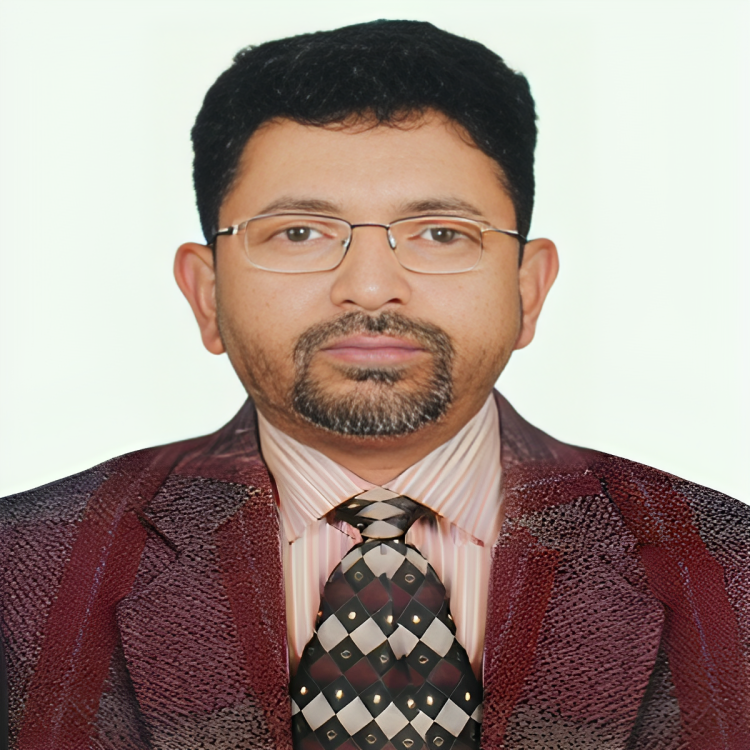
Professor Dr. Wasim Md. Mazbahul Haque
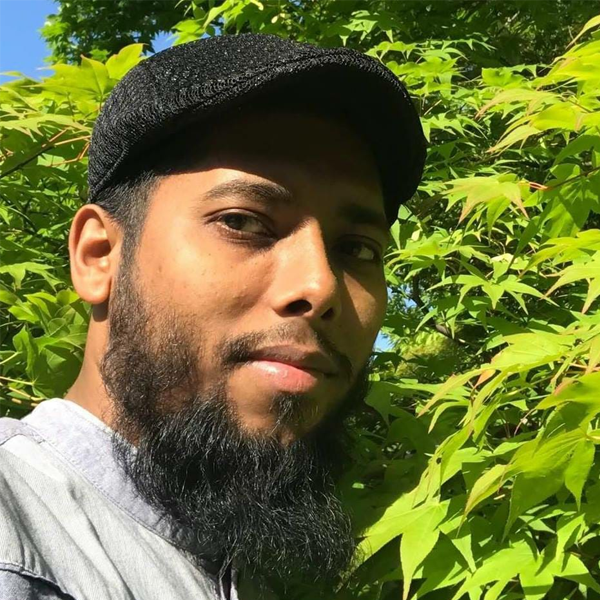
Md. Asaduzzaman
Child Friendly Space Design
Architect I Urban Designer, Assistant Professor, Dept. of Architecture, RUET.
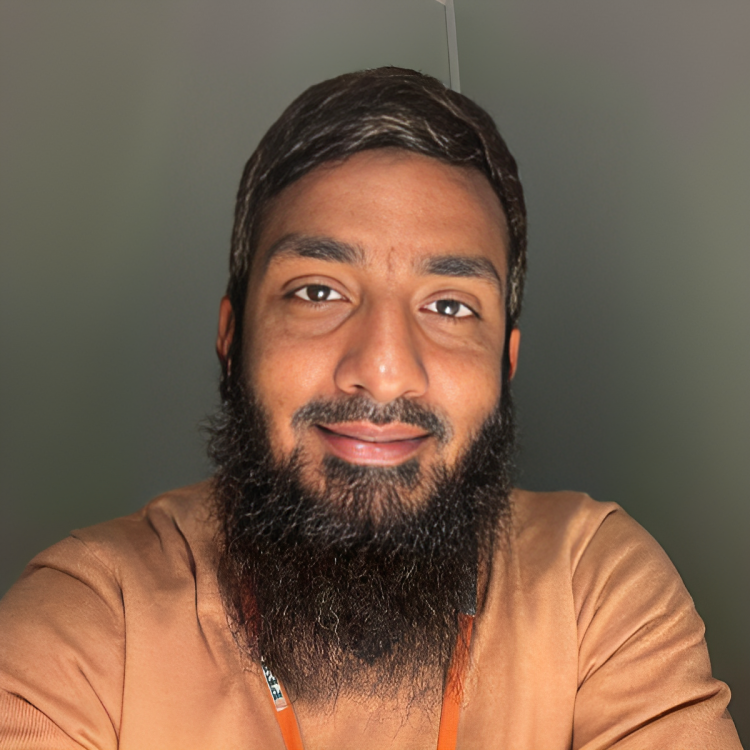
Md. Shahnawazur Rahman
Payroll Specialist I Stockhom, Sweden.
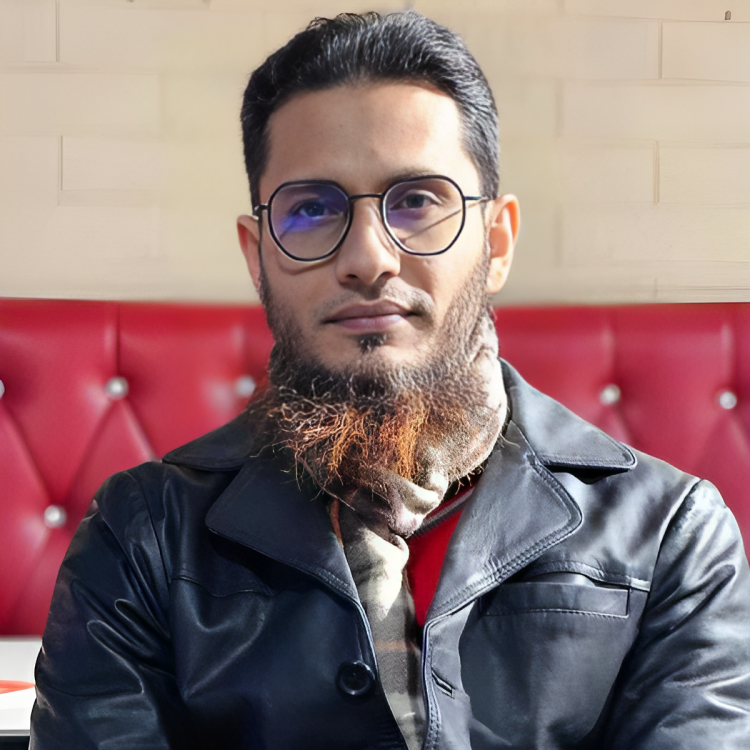
Meem Rafiul Hoq
BBA & MBA, Department of Marketing, University of Rajshahi
Owner of Muscle Care Gym
Fitness instructor and Entrepreneur
Lecturer, University of information Technology and Science, Rajshahi campus (From 2010-2015).
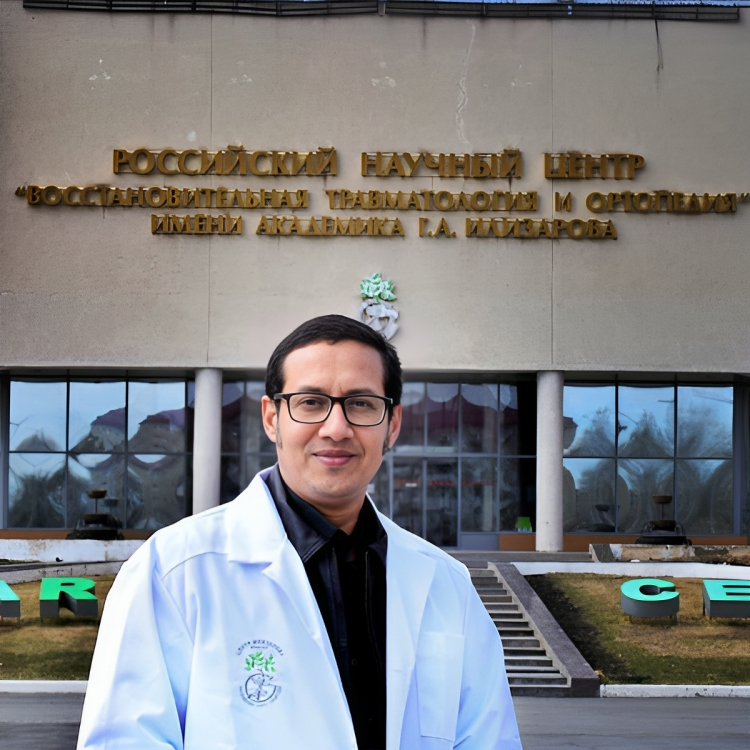
Dr. A.S.M. Abdullah
Orthopedic, Trauma, Joint Replacement & Ilizarov Surgeon, Rajshahi.
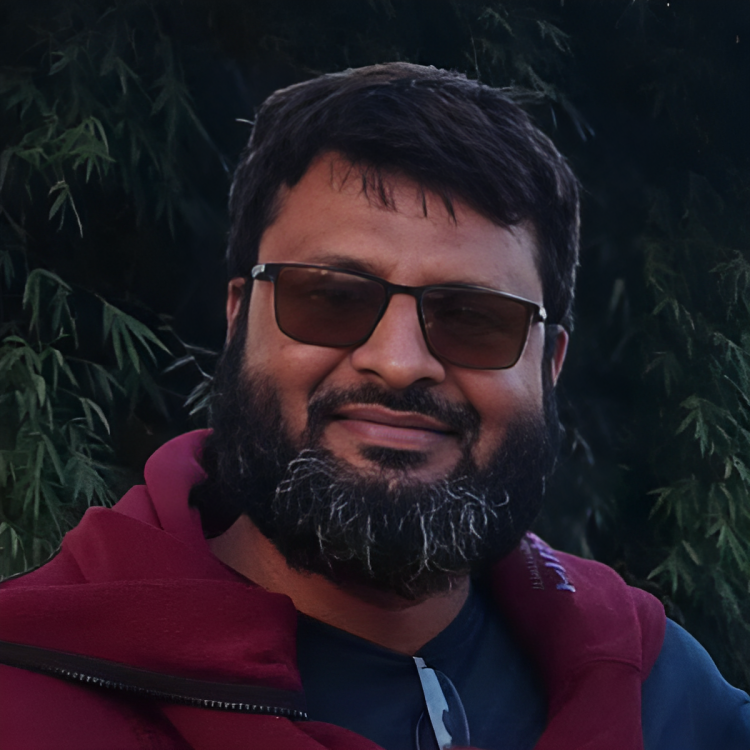
Dr. Ariful Islam
Associate Professor I Dept. of ceramics and sculpture, University of Rajshahi.
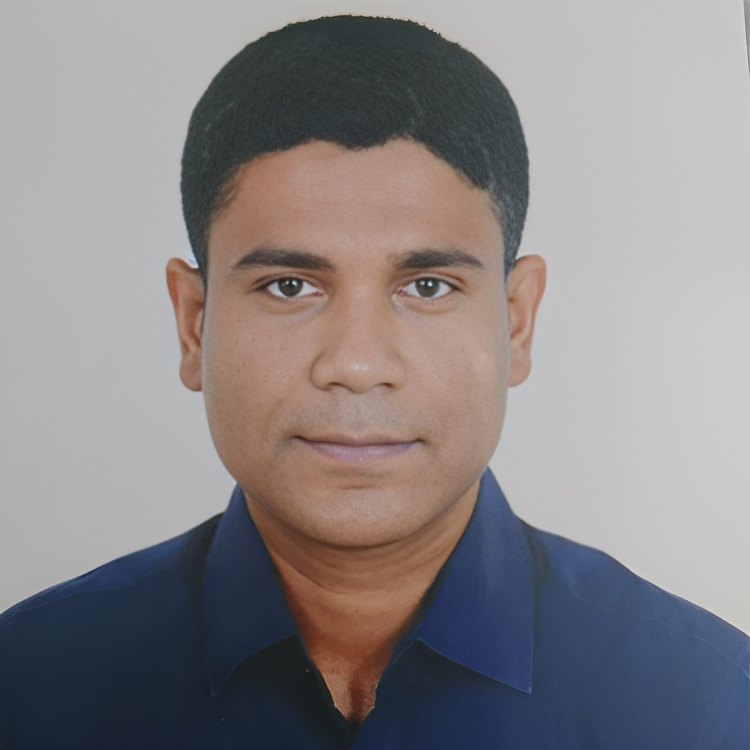
Saiduzzaman Khan Tuhin
Programme Development & Quality
Manager at Danish Refugee Council.
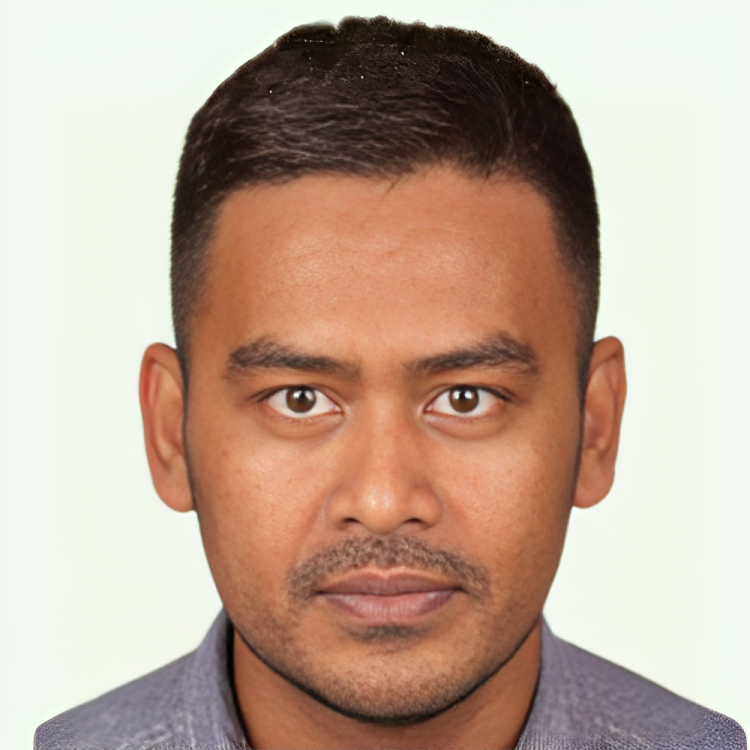
Abu Zar Md. Kayas
Director purchase and supply at Decathlon Lille, France.
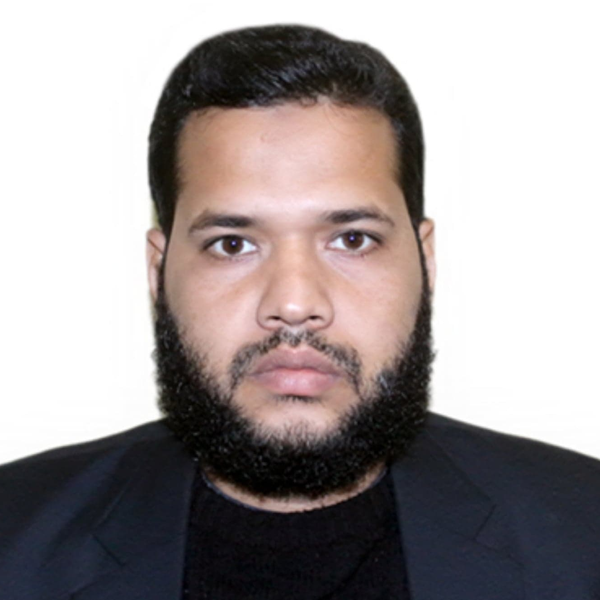
Shahriar Zaman Sarker
Lecturer, Solent University, Southampton, UK.
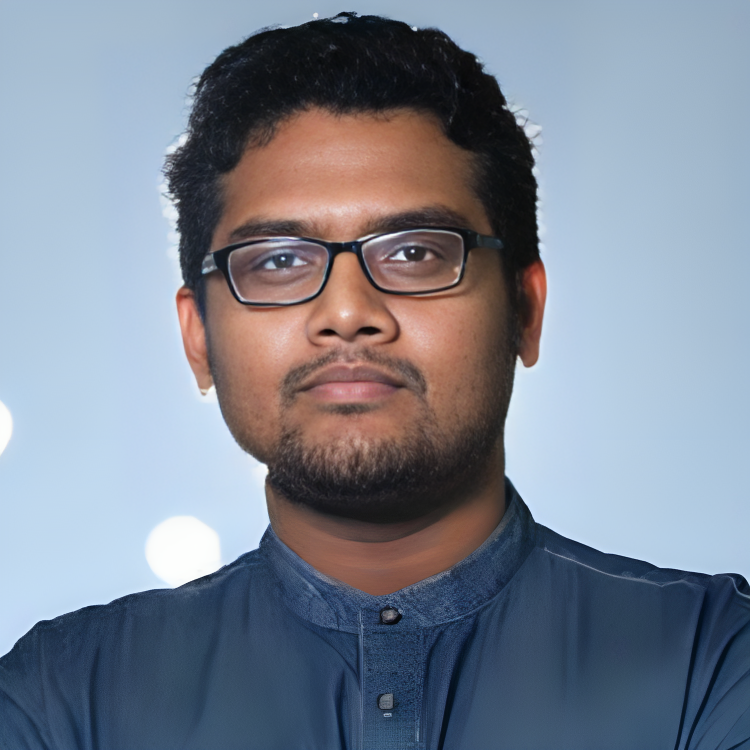
Md. Afzalur Rahman Sajal
MBA in Management Rajshahi College (National University) Junior teller. NRB Commercial Bank Ltd (Rajshahi Branch).
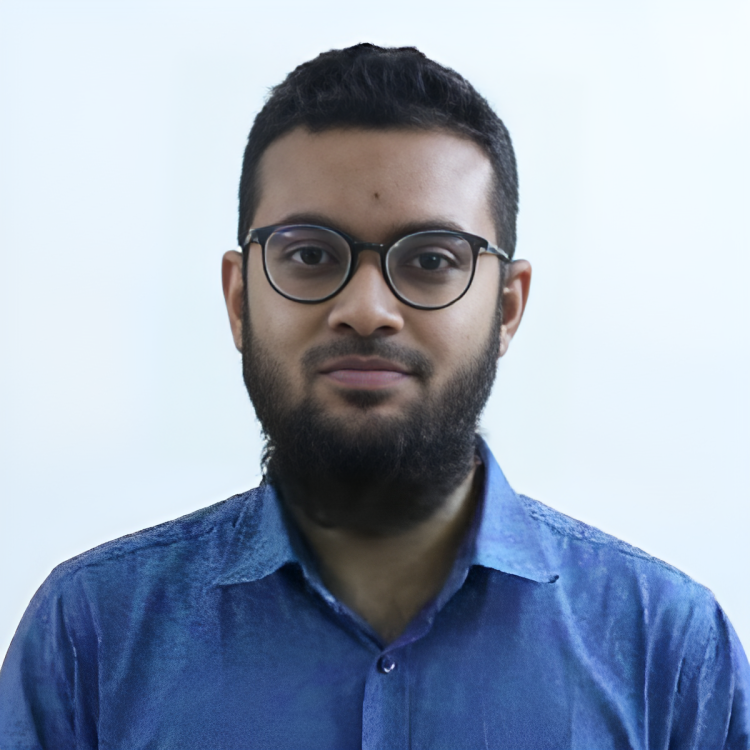
Md. Naimul Islam
BBA Hons & MBA in Management. Rajshahi College (National University) Spoken English Trainer. Founder: Deep Learning Method – DLM.
What is learning?
Learning is the process of acquiring new
Values – Attitudes Skills – Knowledge – Behaviours Preferences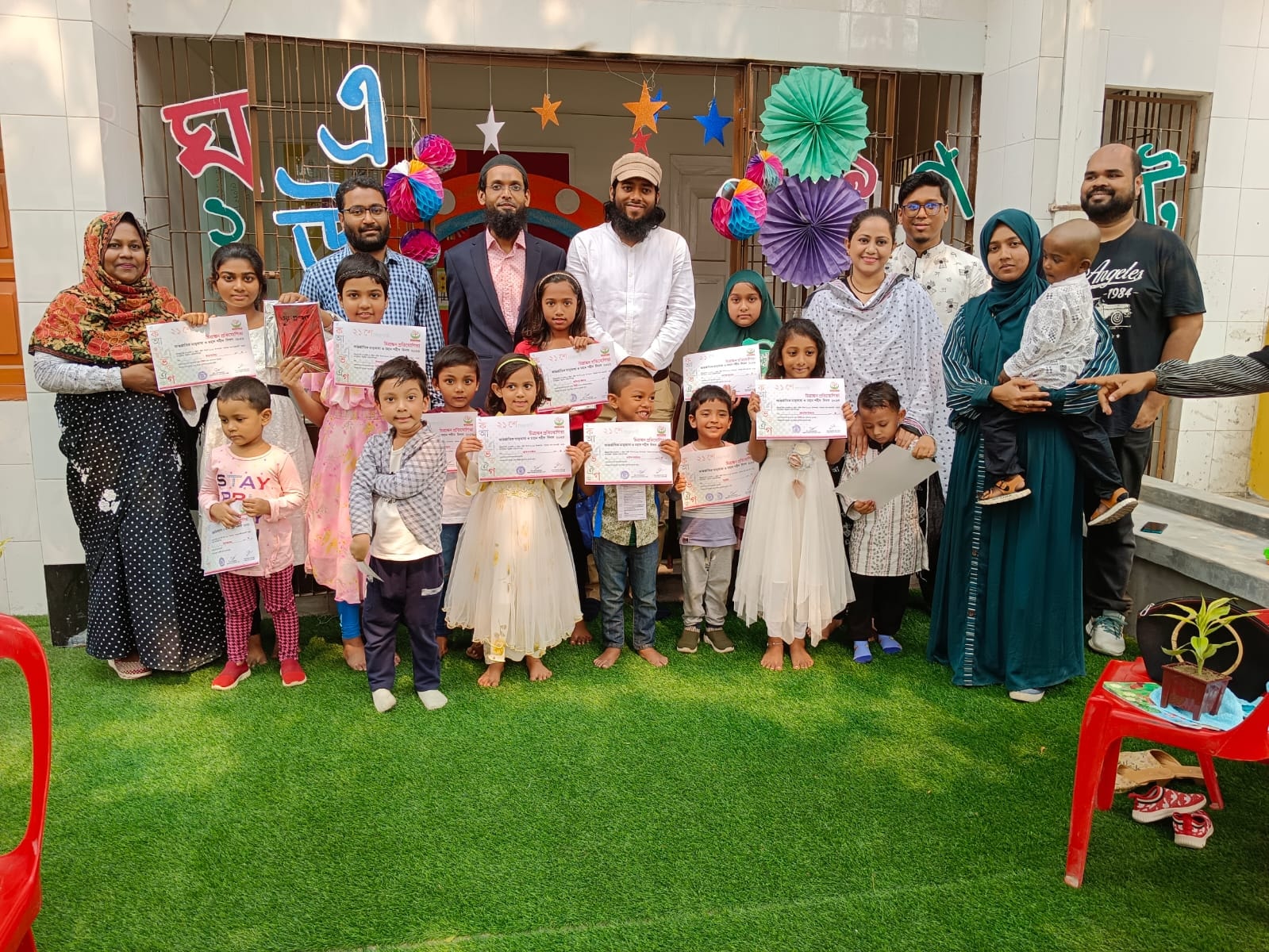
Formal Early Education
Formal early education provides opportunity to kids of interaction with each others. Which is vital for growth and development.
A good early education centre gives children a safe and nurturing place to explore the world around them while also learning and gaining important skills needed to thrive both in school and in life. There are various advantages of placing one’s child in an early education program.
Preschool education
If the early education centre is Preschool in nature then it is one of the most effective ways to prepare a child to enter kindergarten/primary education. It helps them with learning more words by the time they start school, gives children a sense of security, and increases the academic ability of children who attend. Overall, kids who are enrolled in preschool gain better pre-reading and math skills as compared with those who do not, which lays a stronger foundation when they are ready to enter school in the upcoming years.
Preschool education
Two unique features of KPR
- Skill Based Curriculum
- Lesson Plan BasedEveryday Activities
Social and Emotional Development
Social development refers to a child’s ability to create and sustain meaningful relationships with adults and other children. Emotional development is a child’s ability to express, recognize, and manage his or her emotions, as well as respond appropriately to others’ emotions.
Social and Emotional Development Skills means Development of
- Self-Concept
- Self-Direction
- Social Relationships
Physical Development
Physical development refers to the advancements and refinements of motor skills, or, in other words, children’s abilities to use and control their bodies. Physical development is one of the many domains of infant and toddler development.
Physical Development means development of
- Gross Motor Skills
- Fine Motor Skills
- Health and Safety Concept
Language and Literacy Development
Language and literacy are major domains of early childhood development. These are connected areas, but refer to different things. Language development involves the development of the skills used to communicate with others through languages, while literacy development involves the ability to read and write.
Listening Comprehension Skills
- Communication Skills
- Vocabulary Skills
- Phonological Awareness Skills
- Print Awareness Skills
- Letter/Word Recognition Skills
- Reading Comprehension Skills
- Emergent Writing Skills
Mathematics and Reasoning Development
Mathematics and reasoning skills include a child’s ability to count, understand number sense, manipulate objects, create patterns, sort, compare and measure.
Mathematics and Reasoning Development means Development of
- Number Concepts
- Shapes Concepts
- Spatial Concepts
- Patterns and Sorting Concepts
- Measurement Concepts
- Logical Concepts
Social Studies Development
Through the social studies, children explore and ask questions about social systems, the abstract societal norms and values affecting human relationships and interactions in everyday life.
Social Studies Development means Development of
- Families and Communities Awareness
- Civics and Economics Awareness
- Geography Awareness
- History Awareness
Science Development
The goal of science activities at the preschool age is not to memorize facts but rather how to gain knowledge through observations, experimentation, and play!
Science Development means Development of
- Scientific Reasoning
- Life Science Awareness
- Physical Science Awareness
- Earth Science Awareness
- Technology Awareness
Creative Development
Pre-schoolers learn and develop through creative activities like drama, craft, music and dance. Experiencing, discovering and experimenting are the most important parts of pre-schooler creative activities. Encourage pre-schoolers by letting them lead creative activities, giving them time and space, and praising them.
Creative Development means Development of
- Musical Activities
- Dance and Movement Activities
- Visual Arts
- Drama
Address
House no: 21, Sector: 3, Upashahar, Sopura, Rajshahi, Bangladesh, 6203

